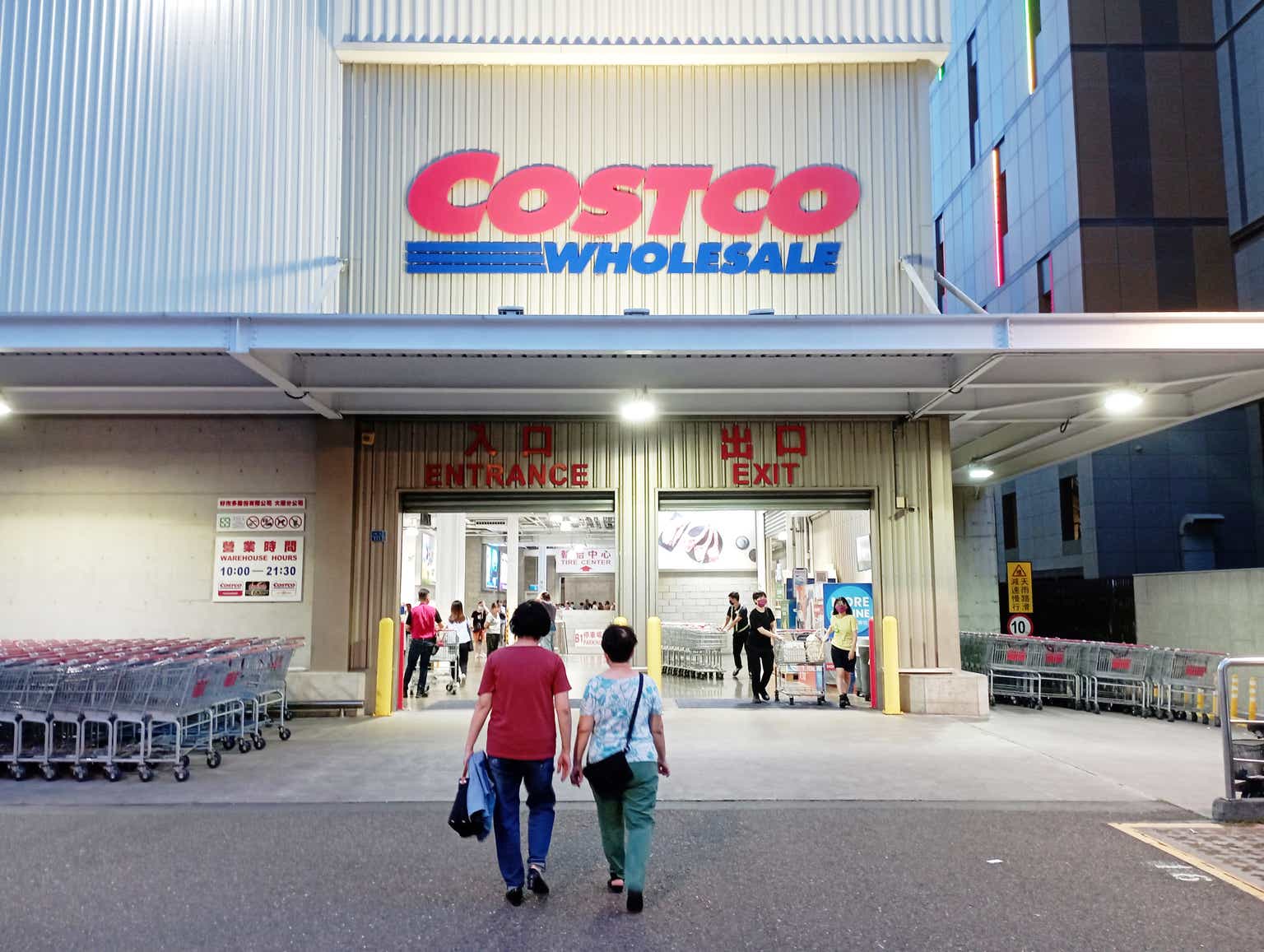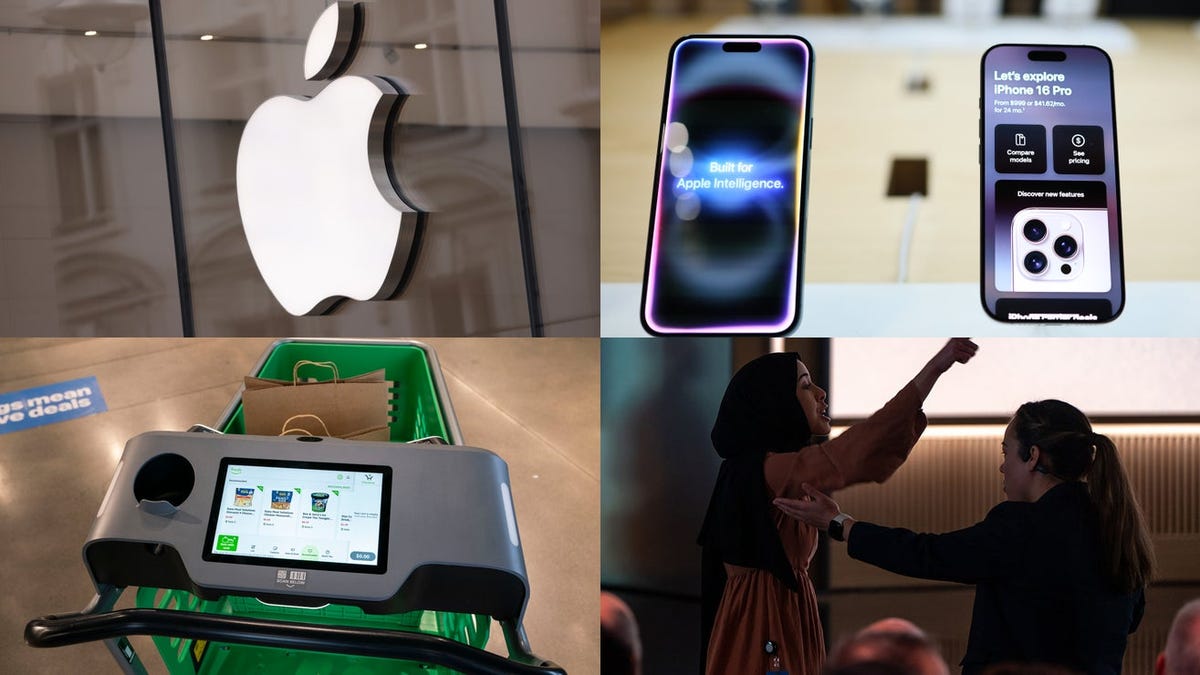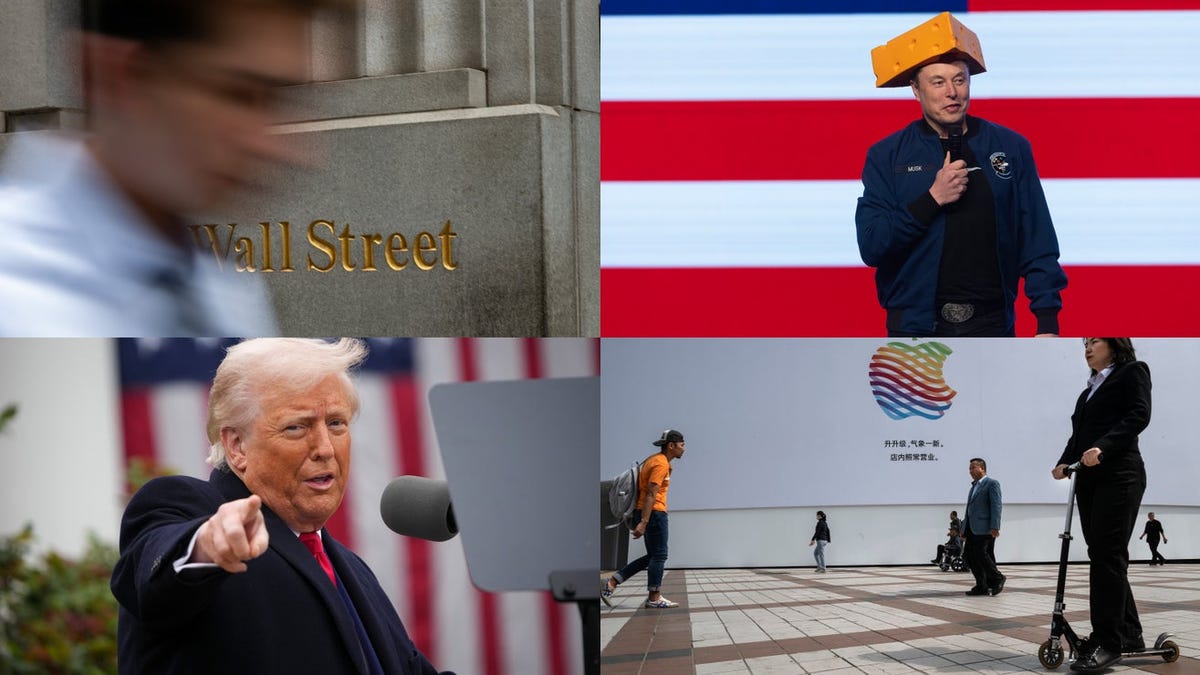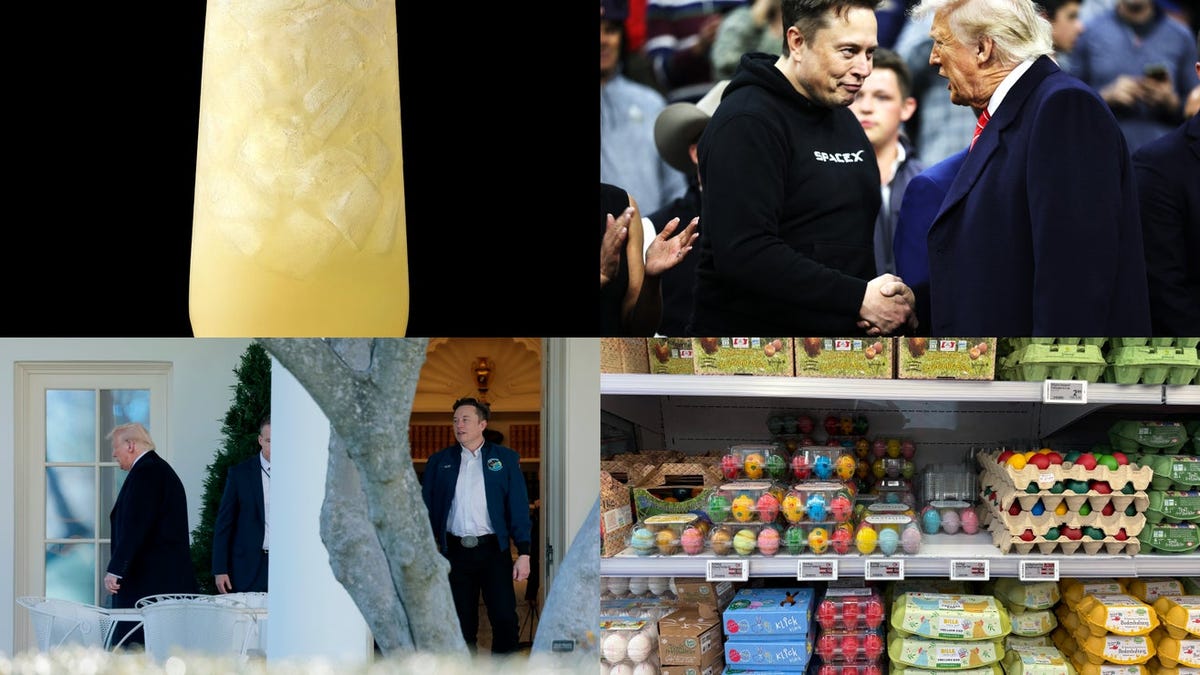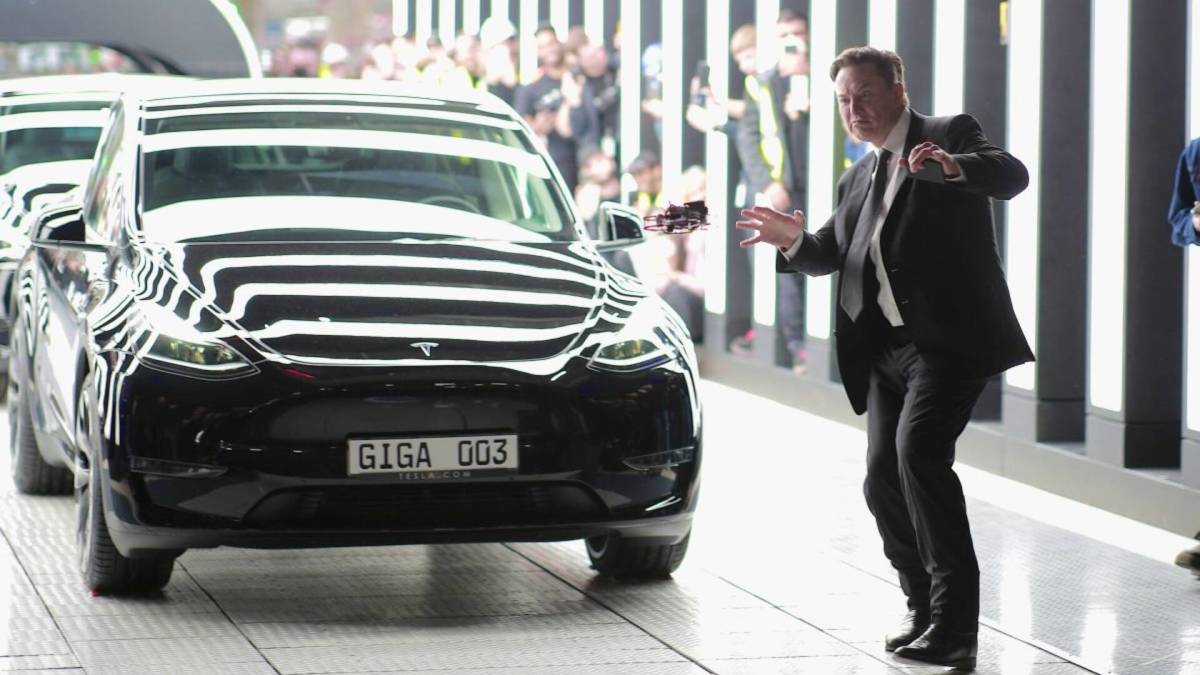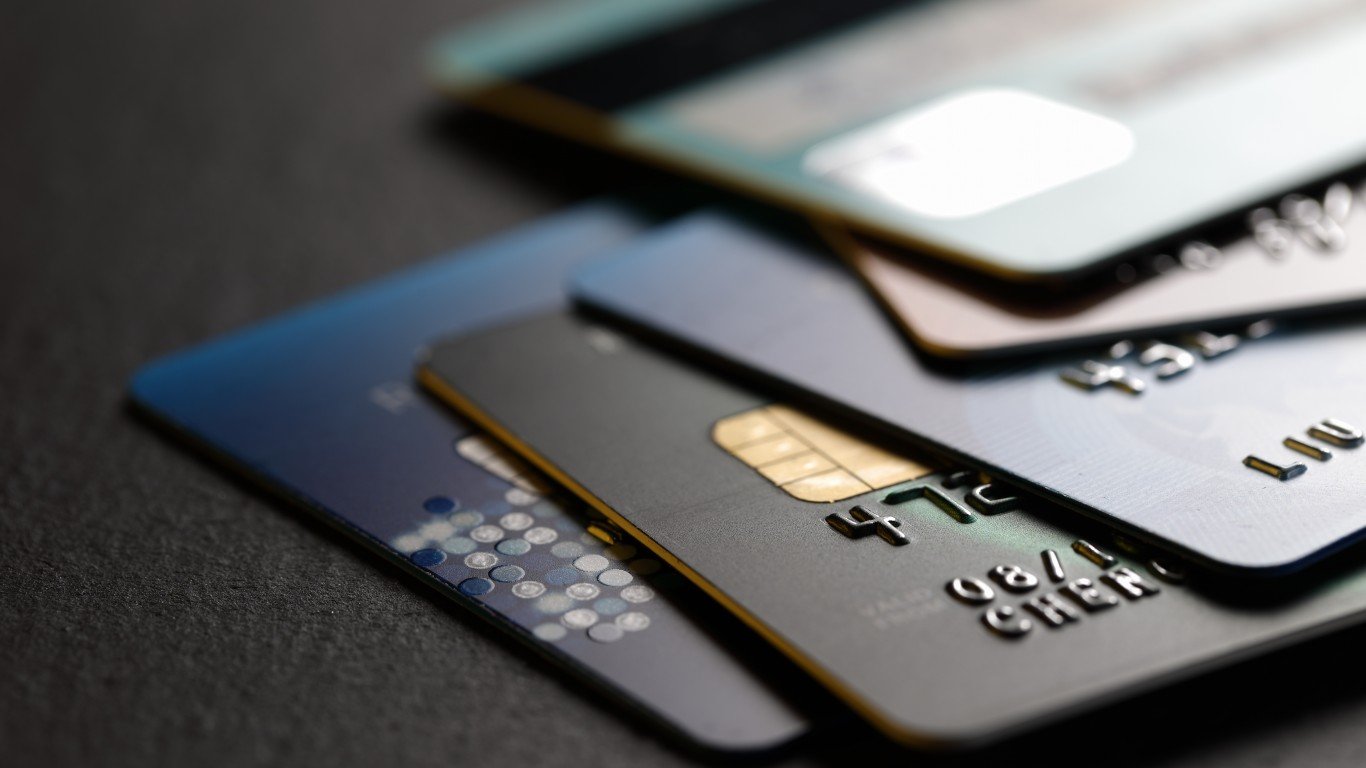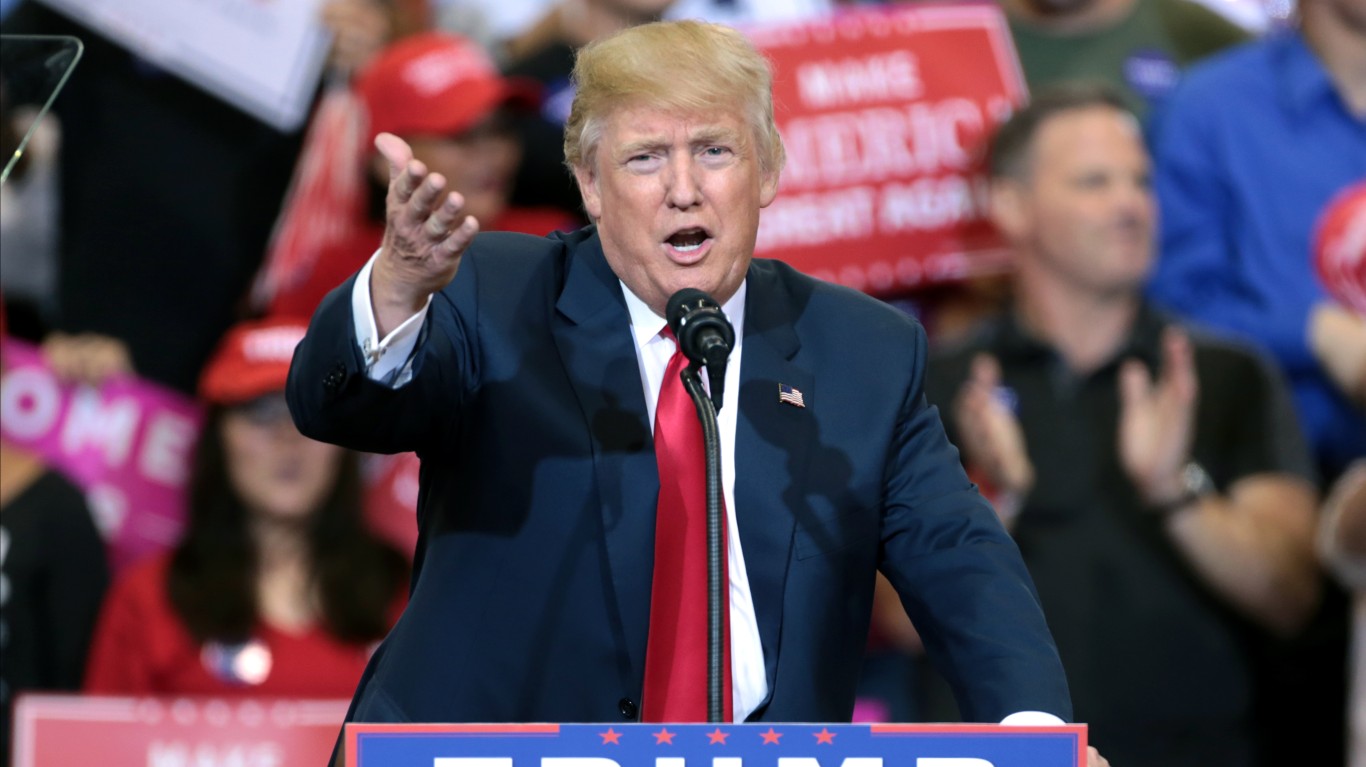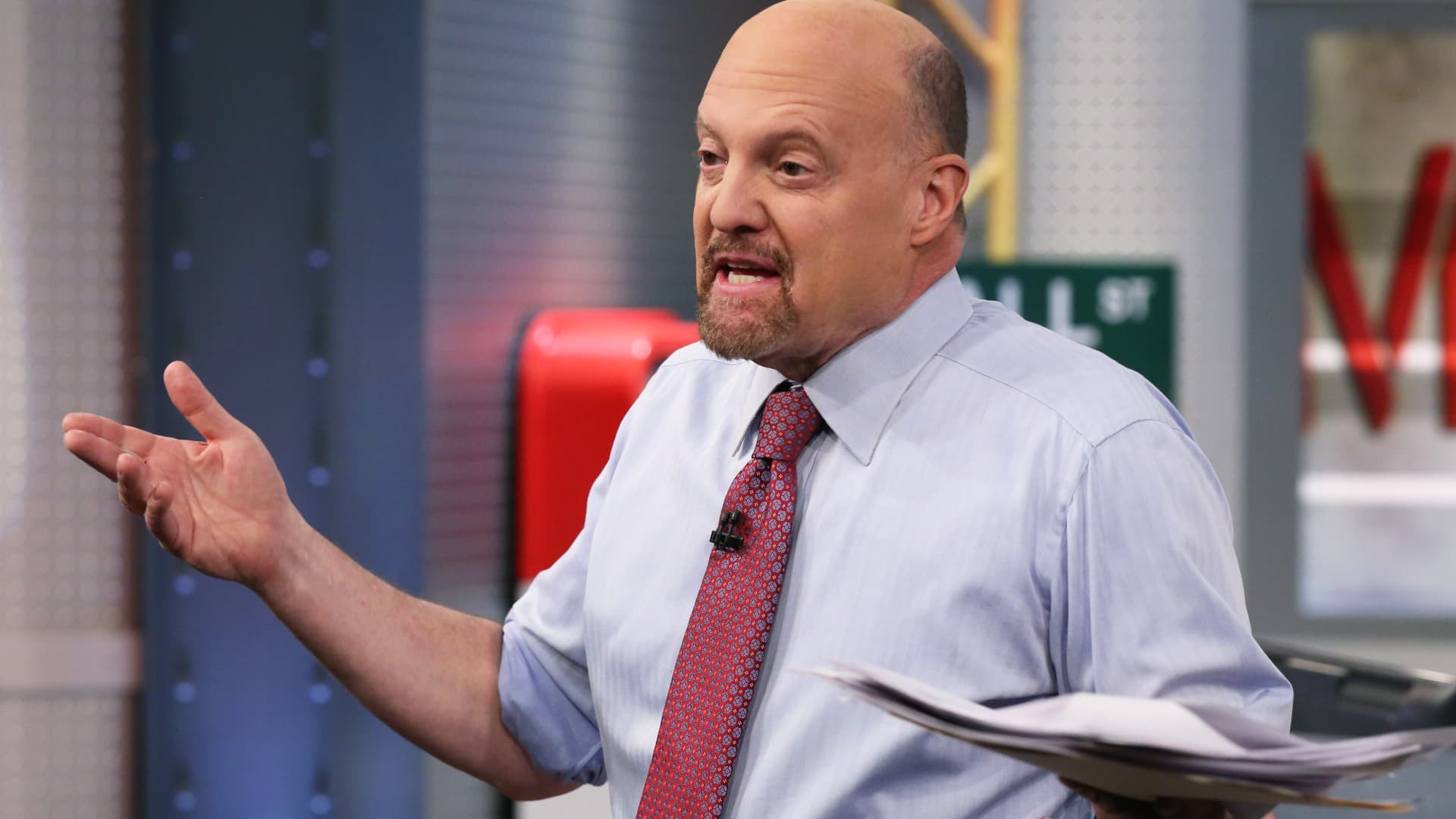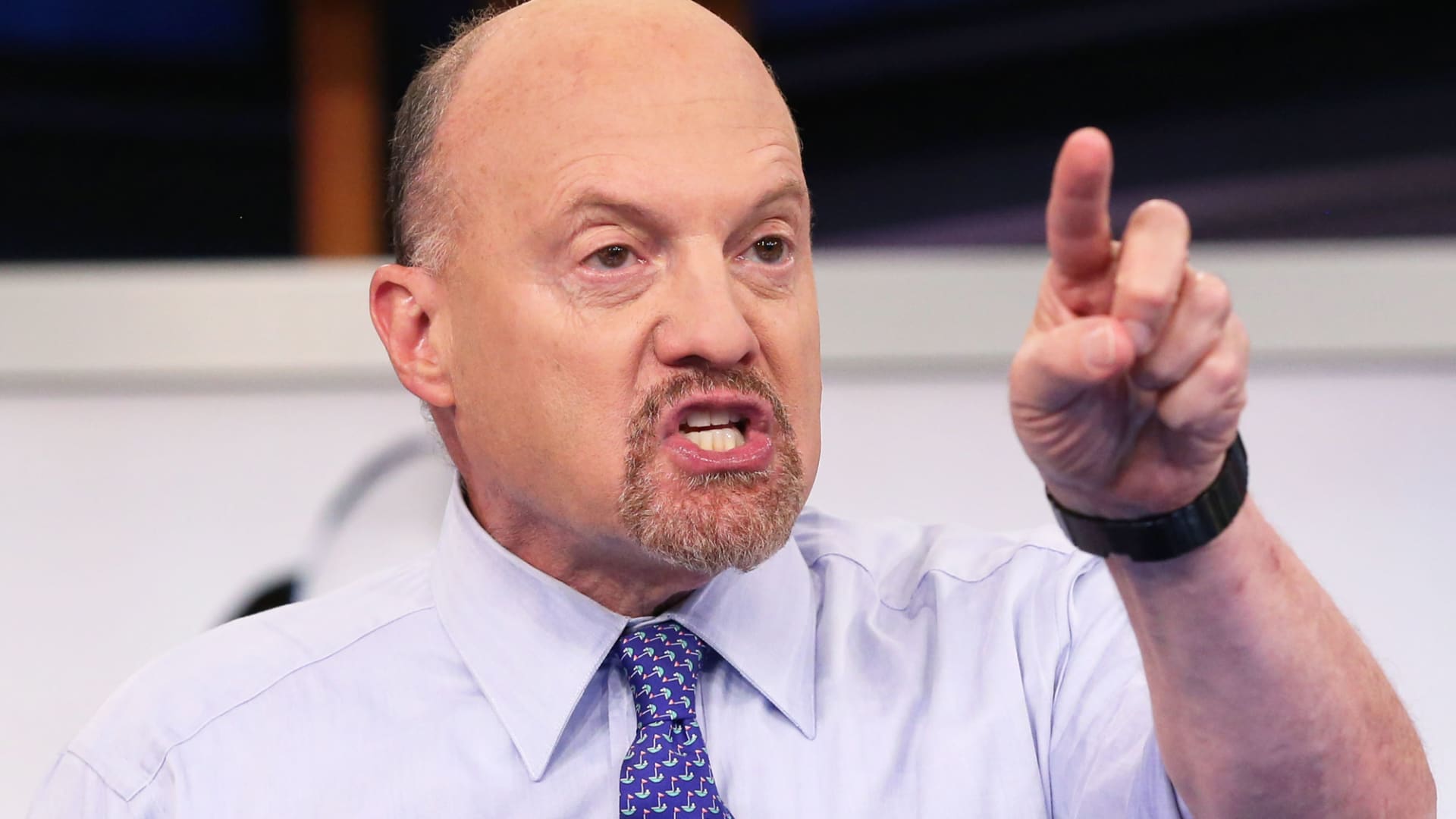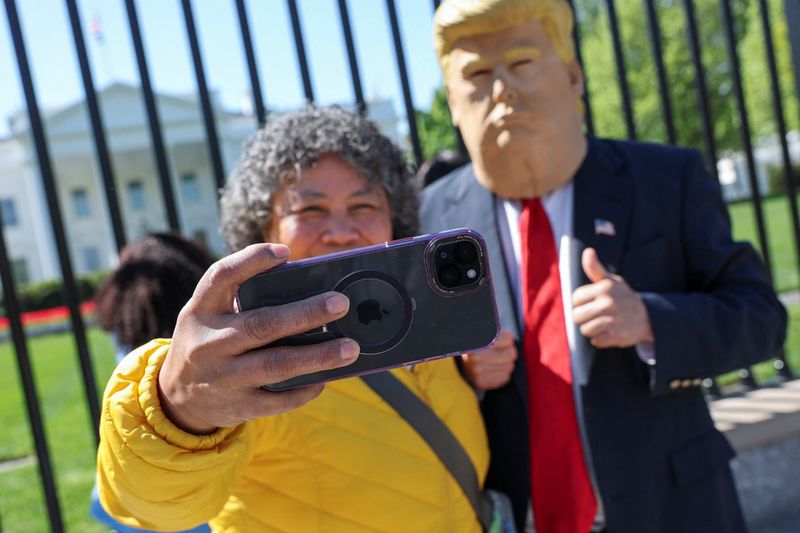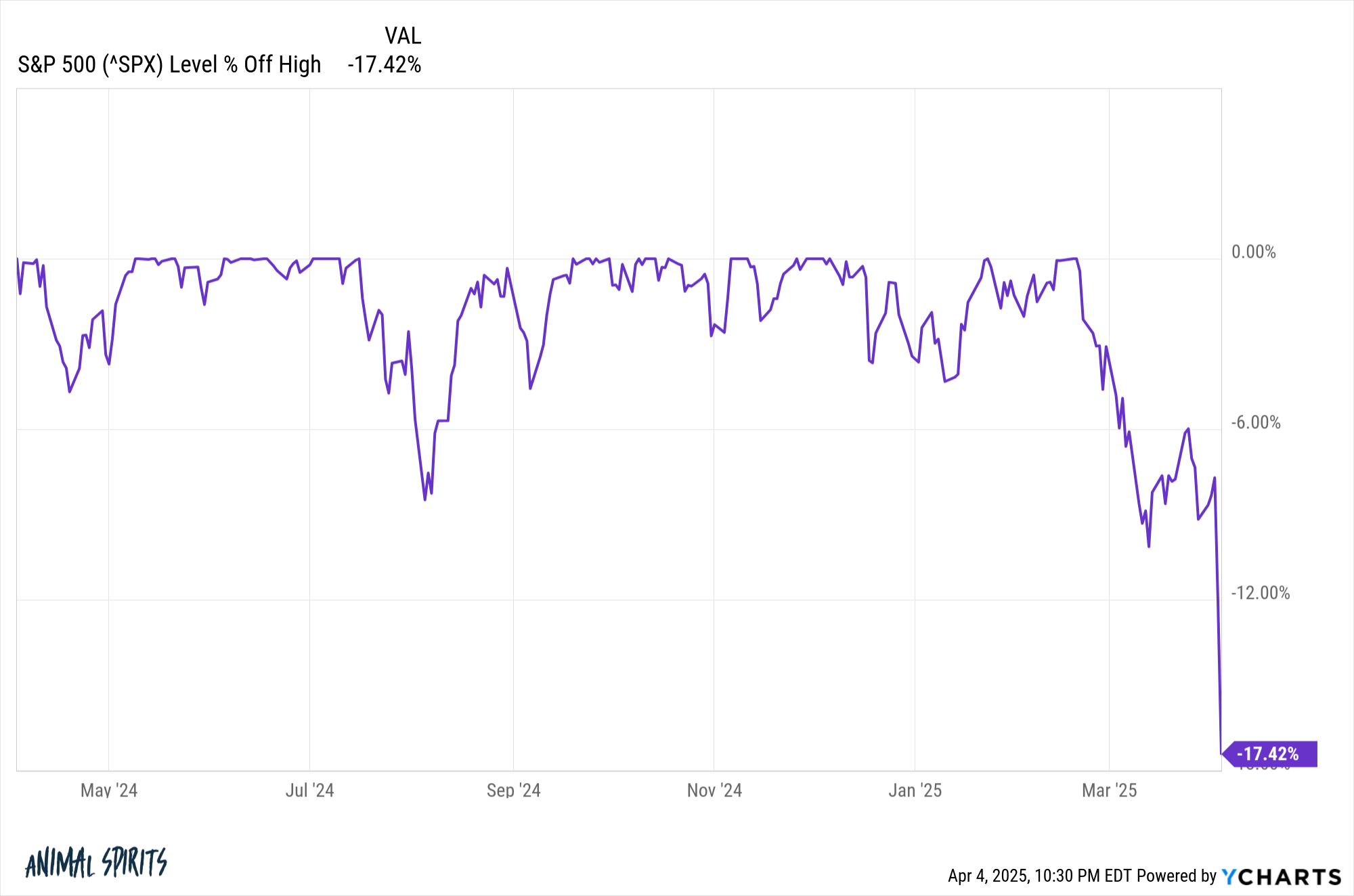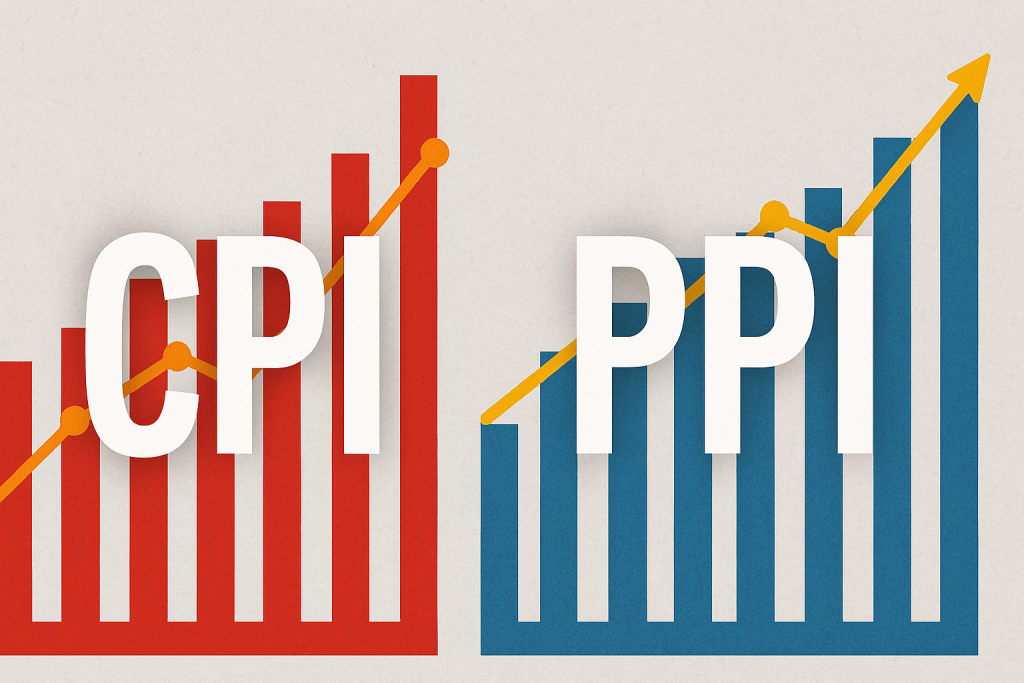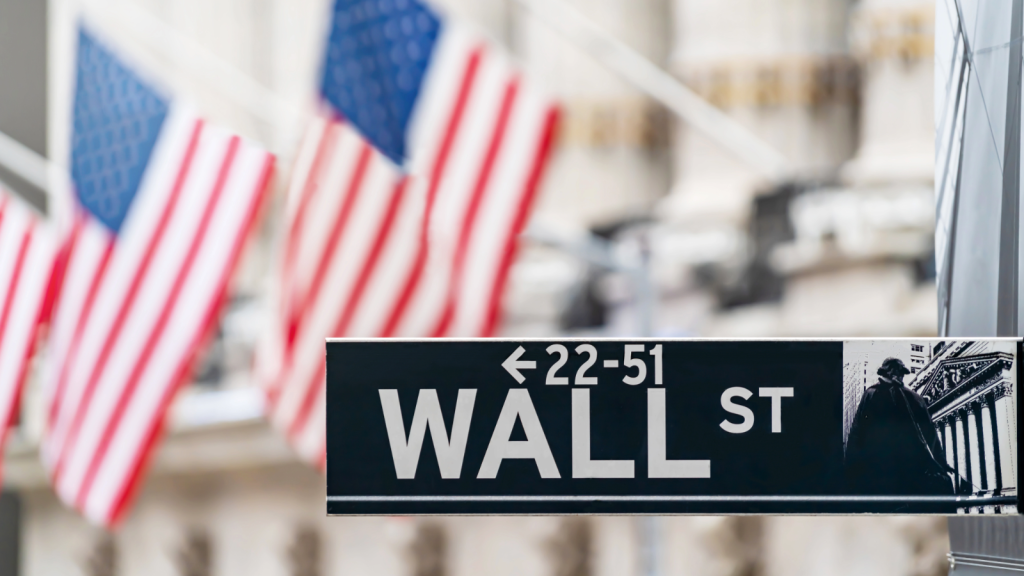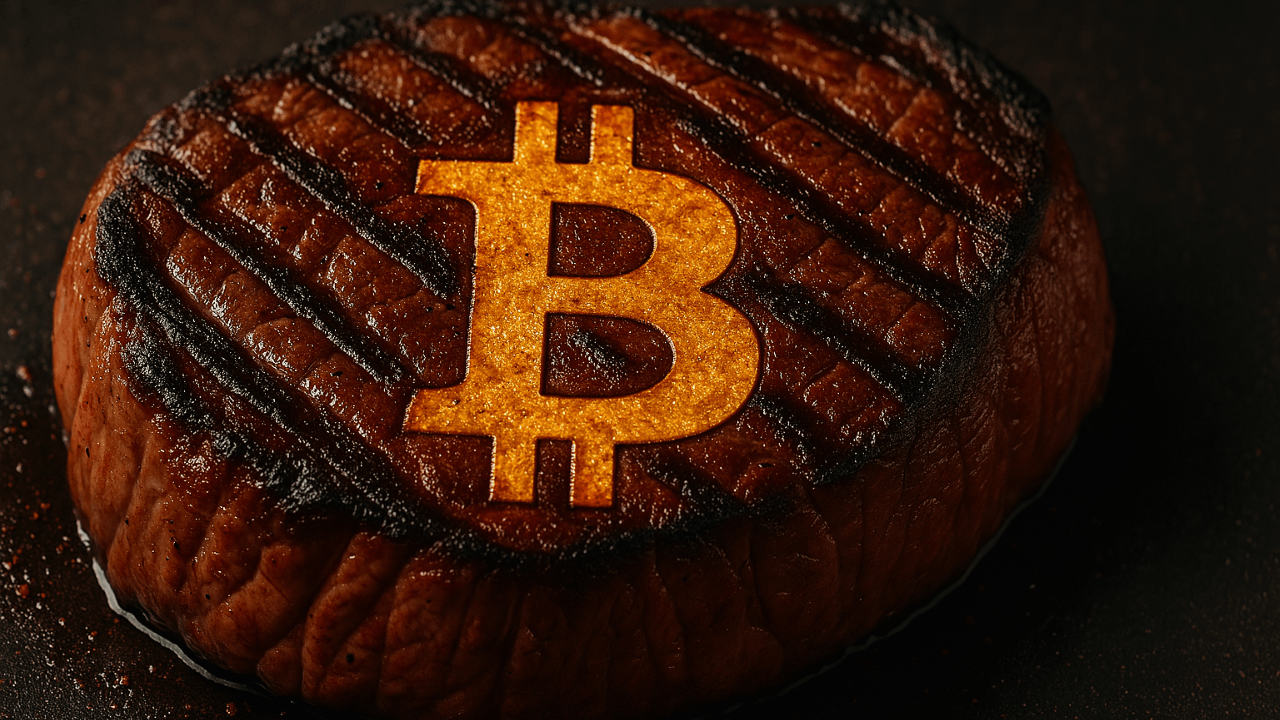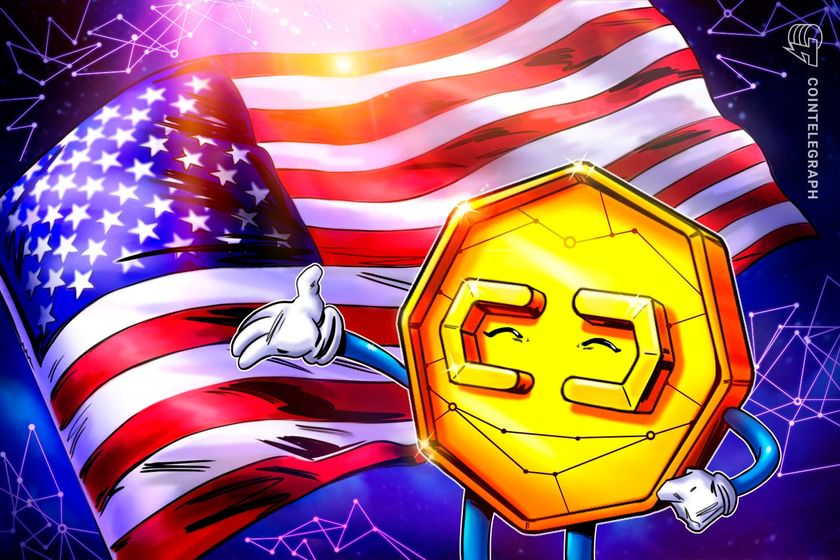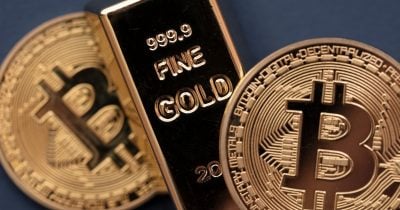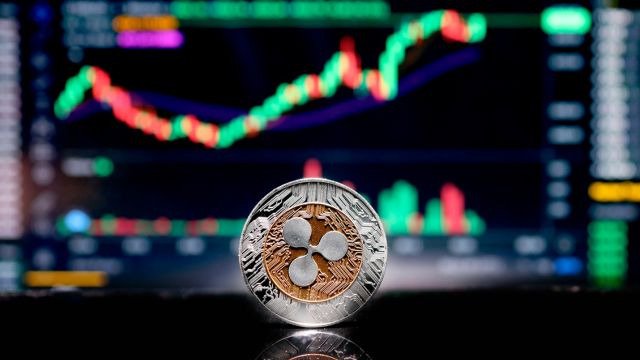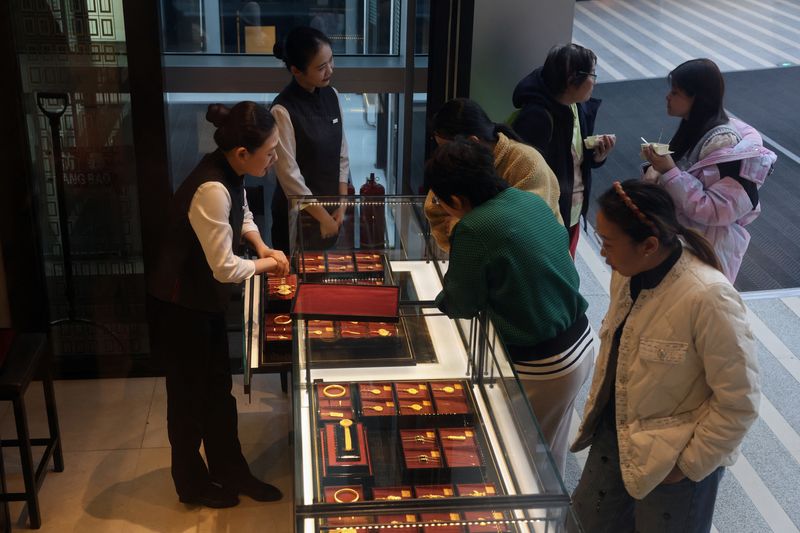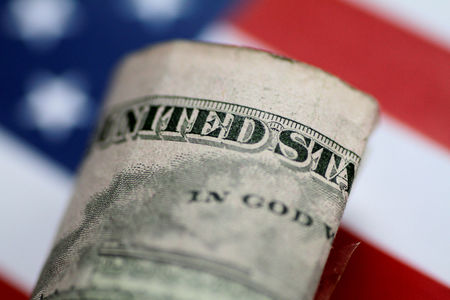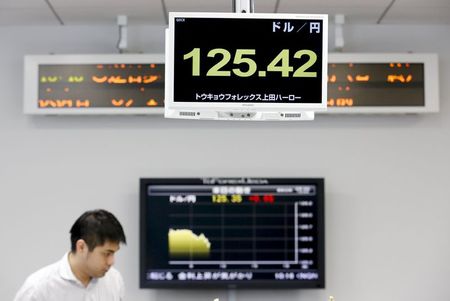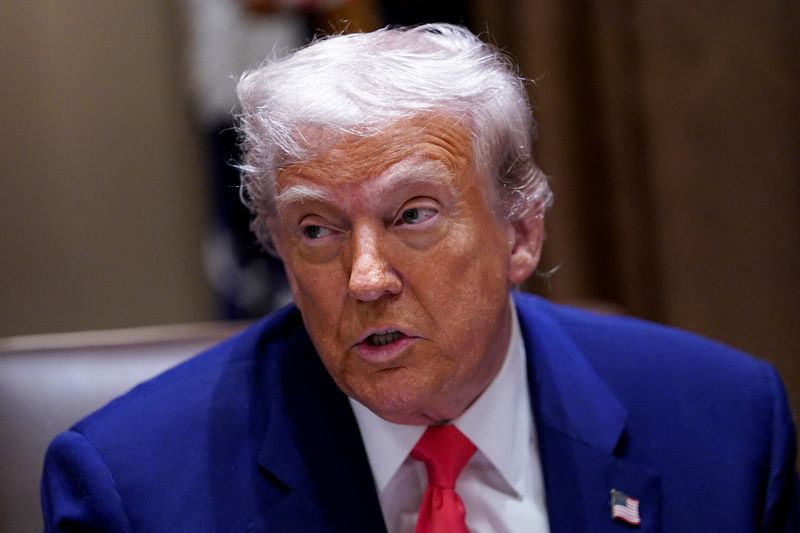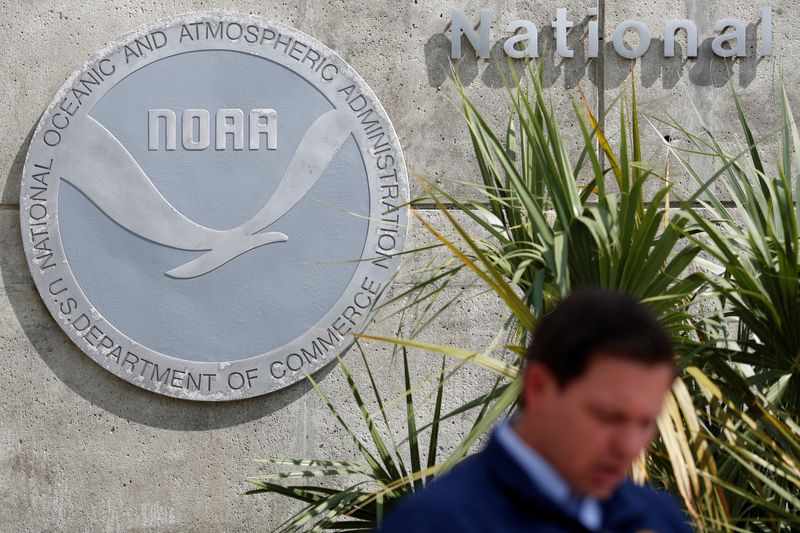Trump carves out massive exemptions from reciprocal tariffs, including smartphones, chips and computers
The exemptions includes smartphones, computers, semiconductors, solar cells, flat panel TV displays, flash drives, memory cards and solid-state drives.

- In a notice published late Friday night, US Customs and Border Protection issued new guidance on President Donald Trump's so-called reciprocal tariffs, listing several exemptions like smartphones, computers, chips and other electronics. That carves out a massive hole from his virtually prohibitive 145% tariff on China and comes after Beijing hiked its own duties on US imports but said no further retaliation would come.
President Donald Trump threw the global economy for another loop by carving out massive exemptions from his tariffs, including popular electronics like smartphones.
In a notice published late Friday night, US Customs and Border Protection issued new guidance on his so-called reciprocal tariffs, which were announced just a week and a half ago and then saw a 90-day pause on most countries but additional hikes on China to a prohibitive 145%.
The exemptions includes smartphones, computers, semiconductors, solar cells, flat panel TV displays, flash drives, memory cards and solid-state drives for data storage.
That comes after China hiked its own duties on US imports to 125% on Friday but said it would stop retaliating, while Trump signaled he was optimistic about a deal with Beijing, giving investors some hope that their trade war could de-escalate.
The exemptions also offer huge relief for US companies like Apple that assemble and import devices in China. The iPhone maker's shares have been crushed since Trump ramped up tariffs on China.
Meanwhile, Wall Street analysts have pointed out that the cost of making many devices in the US would add thousands of dollars to their price tags and take years to set up production.
In recent days, consumers have been rushing to buy electronics before tariffs kick in, and businesses that rely on overseas production have been canceling orders from suppliers.
This story was originally featured on Fortune.com






